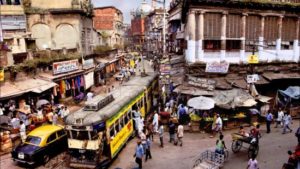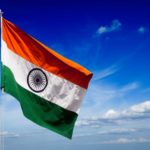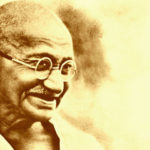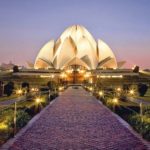Interesting Indian facts
 India is a country with an amazing, distinctive culture, with ancient traditions and customs, which can sometimes be shocking for a European unprepared for them. It’s very easy for India to get sick – many people are missing a single holiday in this country to understand that they can no longer live without it.
India is a country with an amazing, distinctive culture, with ancient traditions and customs, which can sometimes be shocking for a European unprepared for them. It’s very easy for India to get sick – many people are missing a single holiday in this country to understand that they can no longer live without it.
Hindus do not nod in agreement – they shake their heads from side to side, as if reproached. But in the Indian tradition, this gesture means consent.
The rules of the road on Indian roads exist only nominally. They travel here as they want. The main is the beep – having sounded a signal, the Hindu boldly walks overtaking through a double continuous line or crosses the intersection to a red light. In general, in India, after the hooter, you can go, whatever, the truth, only at your own peril and risk.
Indian men who are close friends can easily walk down the street holding hands or embracing. Nothing of the sort does not mean any sexual implication – it’s just that it’s common to express friendly feelings here.
Indian food abounds in spices. In a cafe or restaurant, you can, of course, ask to make a dish not sharp, but not a fact that in the end it will be so. The waiter, of course, will assure you that everything will be as you wish, but he can easily forget to convey your wish to the cook. Or the cook himself will forget that you do not need to put a couple of curry saucers on your plate.
Hotels (English hotel) in India are often called places where they eat.
Widespread Indian fruits, such as bananas and papayas, are expensive. But the apples here are expensive, tough and usually rather tasteless.
In many small restaurants, focused on local, and not on tourists, there is no menu.
Most Indian cafes do not sell alcohol.
In Indian hotels there is no central hot water supply. In cheap hotels there is no hot water, and the most expensive ones have their own heating installations.
If somewhere in India you see a queue – most likely it’s a lineup in some Hindu or Buddhist temple.
Prices for entry to various parks and museums in India for a foreigner will be 10-15 times higher than for a local resident.



























